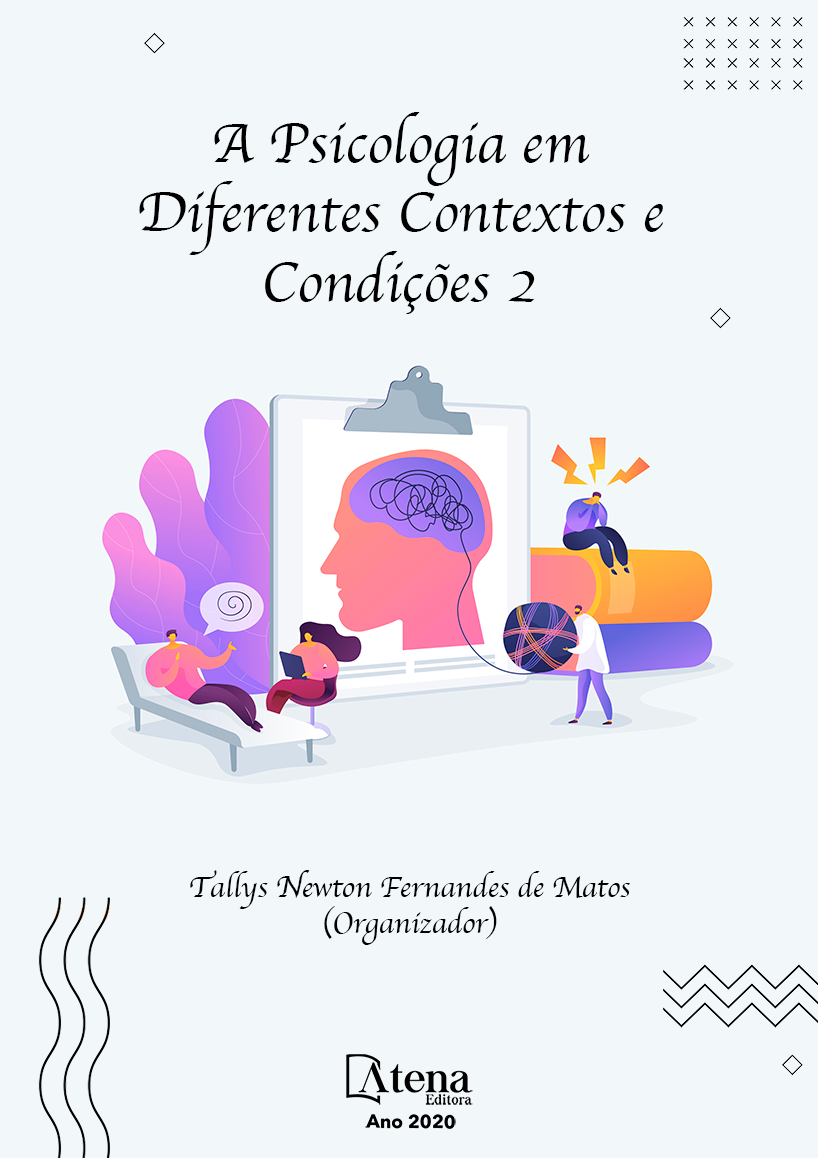
Processos criativos em terapia ocupacional: uma perspectiva ontológica da atividade manual com base em Martin Buber e Gaston Bachelard
No contexto da Reforma Psiquiátrica, as oficinas de criação constituem importantes dispositivos de acolhimento dos sujeitos em sofrimento psíquico e social. Com o intuito de investigar o papel das atividades manuais na terapia ocupacional, adotamos a metodologia ontológica da criação utilizada por Martin Buber (2001) e Gaston Bachelard (2001), com a qual analisamos a relação do sujeito com a práxis para a promoção da autonomia e inclusão social. A pesquisa é apresentada em formato de ensaio teórico que é resultado da experiência dos autores como terapeutas ocupacionais no campo da saúde mental, concomitantemente aos seus trabalhos na docência. Na clínica tradicional, verificamos que os efeitos das atividades manuais são identificados com uma concepção mais ligada ao seu aspecto simbólico e de representação, em detrimento da experiência criativa. A acepção de clínica, nessa direção, produz uma relação que privilegia a fala e o universo simbólico restritos ao plano representacional e não contempla os efeitos da experiência sensoriocorporal nos processos criativos. Bachelard (2001) e Buber (2001) contribuem para problematizar o fazer manual e as materialidades com base na valorização do aspecto da sensorialidade na relação com os fazeres. O estudo das atividades manuais na terapia ocupacional, com base na leitura dos teóricos que enaltecem a atribuição do corpo e sua sensorialidade na relação com os fazeres, nos revela que as sensações e sentidos aguçados pelo contato físico com a materialidade promovem efeitos no corpo e na imaginação.
Processos criativos em terapia ocupacional: uma perspectiva ontológica da atividade manual com base em Martin Buber e Gaston Bachelard
-
DOI: 10.22533/at.ed.89320170714
-
Palavras-chave: saúde mental, terapia ocupacional, ontologia, oficinas de criação, materialidade.
-
Keywords: mental health, occupational therapy, ontology, creation workshops, materiality.
-
Abstract:
In the context of Psychiatric Reform, creative workshops are important devices for the reception of subjects in mental suffering. In order to investigate the role of manual activities in occupational therapy, we adopted the ontological methodology of creation used by Martin Buber (2001) and Gaston Bachelard (2001), with which we analyzed the subject's relationship with praxis for the promotion of autonomy and social inclusion. The research is presented in a theoretical essay format that is the result of the authors' experience as occupational therapists in the field of mental health, concomitantly with their work in teaching. In the traditional clinic, we verify that the effects of manual activities are identified with a conception more linked to their symbolic aspect and representation, to the detriment of creative experience. The concept of clinic, in this direction, produces a relationship that privileges speech and the symbolic universe restricted to the representational plan and does not contemplate the effects of the sensorial and corporal experience on creative processes. Bachelard (2001) and Buber (2001) contribute to problematize the manual making and the materialities based on the valorization of the sensorial aspect in the relationship with the doings. The study of manual activities in occupational therapy, based on the reading of the theoreticians who praise the attribution of the body and its sensoriality in the relationship with the doings, reveals us that the sensations and senses sharpened by physical contact with materiality promote effects on the body and imagination.
-
Número de páginas: 20
- Marcus Vinicius Machado de Almeida
- Marcelle Carvalho Queiroz Graça
- Geruza Valadares Souza


